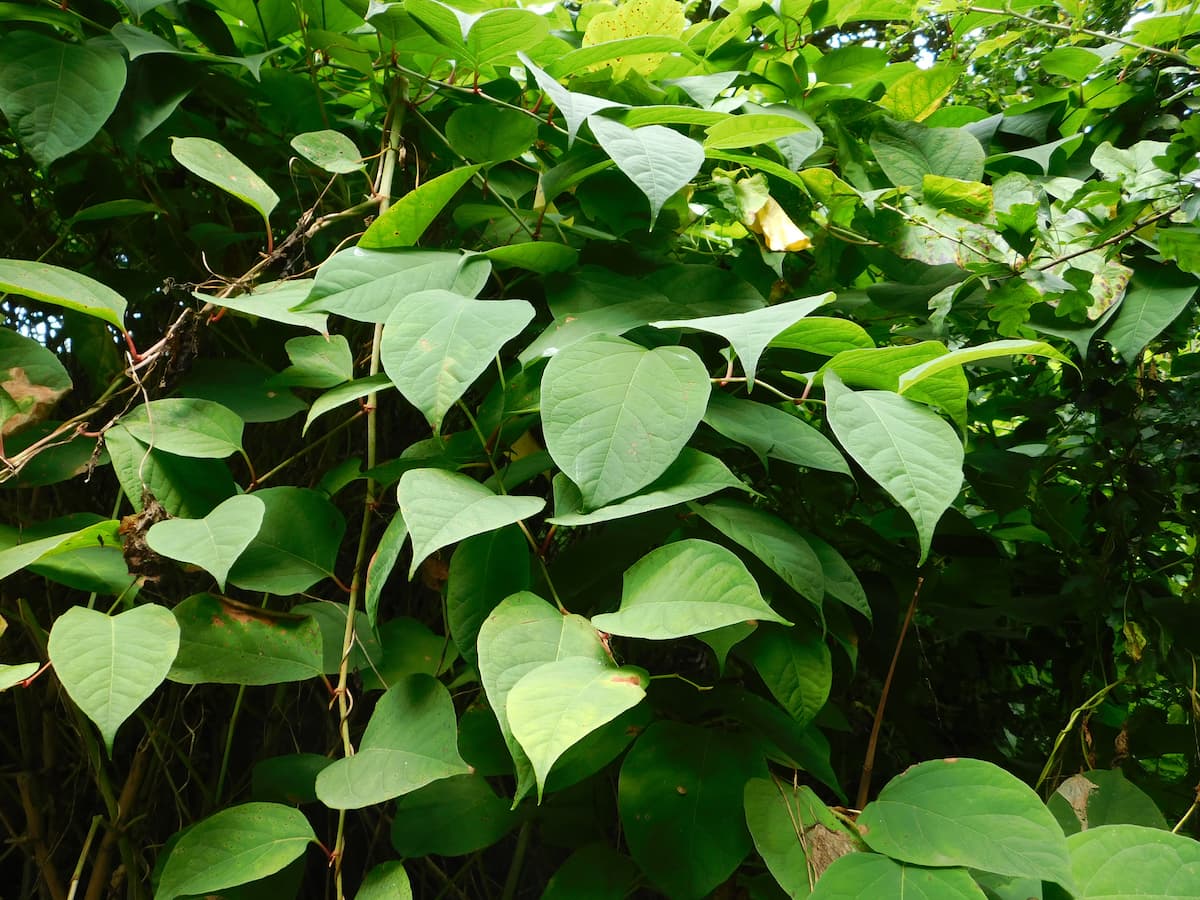Contents
- Introduction
- Understanding Japanese Knotweed
- Identifying Japanese Knotweed Rhizome
- Steps to Control Japanese Knotweed Rhizome
- Step 1: Survey and Assess the Infestation
- Step 2: Develop a Control Strategy
- Step 3: Implement the Control Measures
- Step 4: Monitor and Maintain the Control
- Professional Help and Legal Obligations
- Conclusion
- Resources
Introduction
Japanese Knotweed (Fallopia japonica) is an invasive plant species that can cause significant damage to properties if left unchecked. Its rhizome, an underground stem that grows horizontally, is the main cause of its aggressive spreading. In this blog post, we will explore how to take control of Japanese Knotweed rhizome effectively, protecting your property from its destructive nature.
Understanding Japanese Knotweed
Native to Japan, Japanese Knotweed was introduced to the UK as an ornamental plant in the 19th century. Since then, it has become a major problem due to its rapid growth and ability to damage structures, foundations, and ecosystems.
Identifying Japanese Knotweed Rhizome
To effectively control Japanese Knotweed, it is essential to identify its rhizome. The rhizome is the underground network of stems and roots that can spread up to 7 metres from the visible plant. It is crucial to identify the rhizome correctly as it can regenerate new plants even if the visible part is removed.
Steps to Control Japanese Knotweed Rhizome
Step 1: Survey and Assess the Infestation
Before taking any action, it is important to survey your property and assess the extent of the Japanese Knotweed infestation. This can be done by a qualified professional who will identify the rhizome’s spread and measure the severity of the problem.
Step 2: Develop a Control Strategy
Based on the survey findings, it is crucial to develop a tailored control strategy. Different methods may be employed, such as chemical treatment, excavation and removal, or physical barriers. The strategy should consider the size of the infestation, proximity to buildings or infrastructure, and environmental factors.
Step 3: Implement the Control Measures
Once the control strategy is in place, it is time to implement the chosen control measures. Chemical treatments may involve the use of herbicides specifically designed for Japanese Knotweed. Excavation and removal may require the assistance of professionals to ensure proper disposal. Physical barriers, such as root barriers, can be installed to prevent the spread of the rhizome.
Step 4: Monitor and Maintain the Control
Controlling Japanese Knotweed is an ongoing process. Regular monitoring is necessary to ensure the effectiveness of the control measures. Adjustments may need to be made based on the plant’s response and any new growth observed. Proper maintenance, such as regular mowing or cutting, can also help weaken the plant over time.
Professional Help and Legal Obligations
Dealing with Japanese Knotweed can be challenging, and it is often best to seek professional help. Qualified specialists can provide expert advice, carry out the necessary surveys, and implement effective control measures. It is also important to be aware of legal obligations related to Japanese Knotweed, such as not allowing it to spread to neighbouring properties or natural habitats.
Conclusion
Controlling Japanese Knotweed rhizome is crucial for protecting your property from its destructive nature. By understanding the plant, correctly identifying the rhizome, and following the steps outlined in this blog post, you can effectively control its growth and minimise the risk it poses. Remember to seek professional help when needed and ensure compliance with legal obligations. Taking action against Japanese Knotweed will help maintain the value and safety of your property.
Resources
- The Property Care Association – Japanese Knotweed Code of Practise
- Royal Horticultural Society – Japanese Knotweed
The Postcode Areas We Serve
Gloucester and Swindon
Birmingham and the Midlands
Bristol and the South West
Cardiff and South Wales










